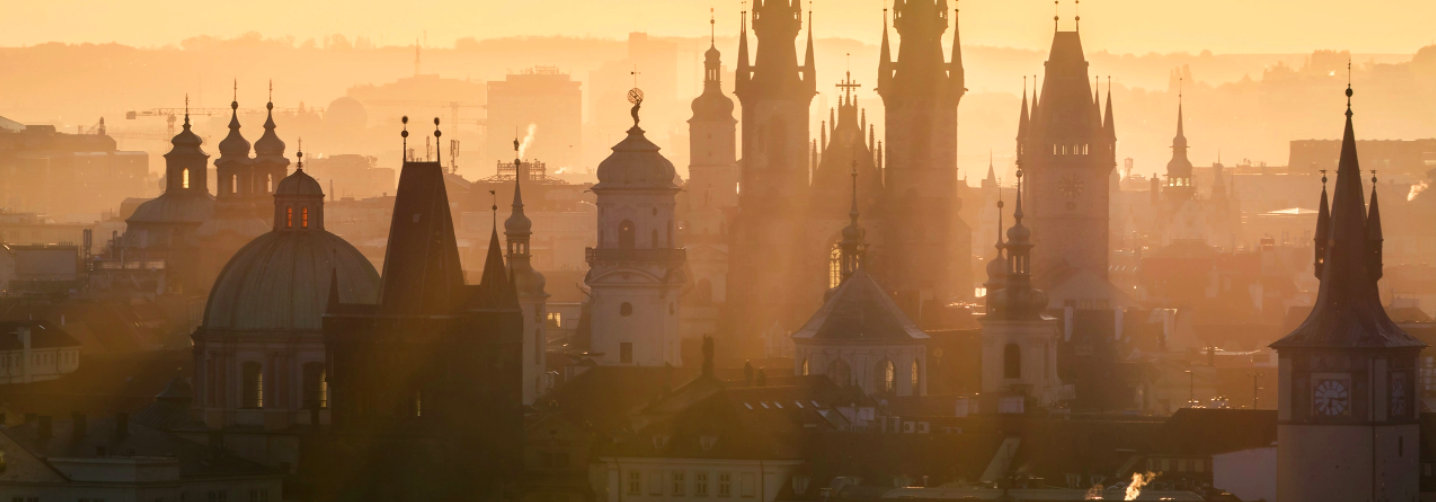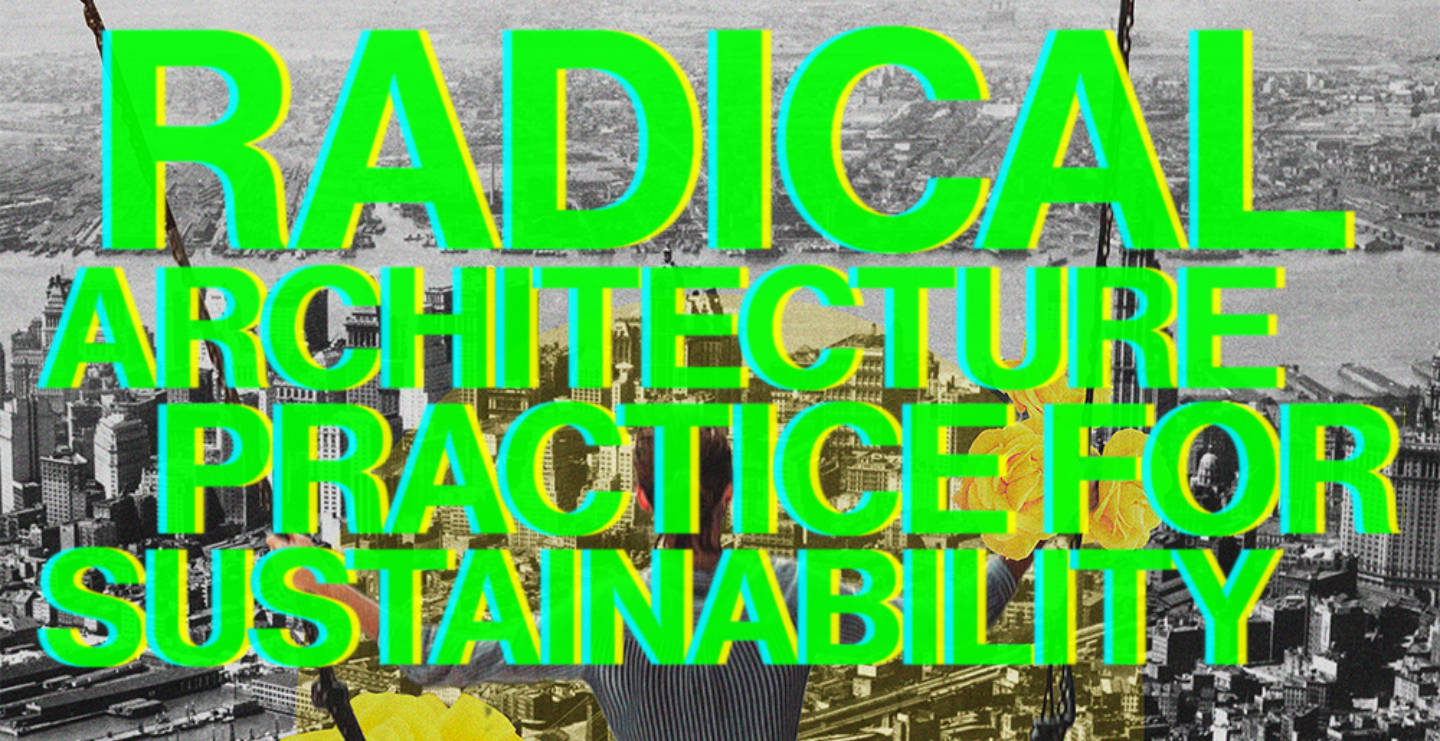Conference: 25-27 June, 2025
Location: London + Virtual
Deadline for submission of abstracts: 15 July, 2024 [Early submissions]
Call
A little over 25 years ago, the site of this conference, Maritime Greenwich, London, was inscribed on the UNESCO World Heritage List. Home to the first Palladian building in England, the Royal Naval College by Sir Christopher Wren, the National Maritime Museum, the Old Royal Observatory and the University of Greenwich, it is one of the UK’s most important historical sites. It is home to ground breaking projects in digital heritage, the Laban Conservatoire of Music and Dance, and a variety of major arts and cultural events annually. It is promoted by its ‘state-of-the-art’ visitor centre and ardently protected by the UKs Listed Buildings and Conservation Acts. It is a quintessential site of world heritage.
However, as a site located in the city of London, it feels the pressures of economic and urban development. It is threatened by the strains of mass tourism and can be at risk of over exposure. It is located near areas of social deprivation and its buildings and parks are in need of continual, and costly, maintenance. Managing the site for local residents, the heritage community and visitors is complex and can be contested. In this regard, Maritime Greenwich is also the epitome of the difficulties faced across the heritage sector, the world over.
Using the World Heritage Site of Maritime Greenwich as a point of departure, this conference seeks to explore the critical questions for the international heritage sector today from various disciplinary perspectives.
For more details please visit here.










![Call for Abstracts: “Heritages 2025 – London: University of Greenwich” | Deadline for submission: 15 July, 2024 [Early submissions]](http://www.openstudiowestminster.org/wp-content/uploads/2024/05/10-scaled-1.jpg)

